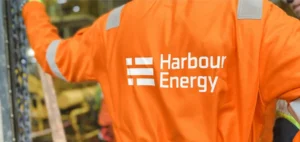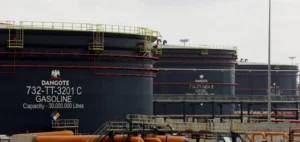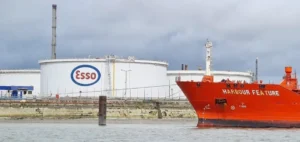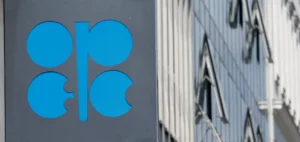Kazakhstan, rich in natural resources and strategically located between Europe and Asia, is entering a new phase in its energy development. This year, the country plans to produce shale oil for the first time, according to a recent statement from Prime Minister Oljas Bektenov. This move is part of a strategy to integrate technologically complex deposits into the national economy.
President Kassym-Jomart Tokayev emphasized the importance of tapping into these new resources to address what he described as insufficient economic growth. With a growth rate of 4.8% in 2024, the country continues to face persistent challenges, including 8.6% inflation and a weakened national currency, the tenge.
Overcoming Economic Dependency
Despite efforts to diversify, Kazakhstan’s economy remains reliant on its Russian neighbor, particularly due to international sanctions linked to the invasion of Ukraine. These tensions, combined with declines in oil prices, have increased pressure on the country to find new economic solutions.
The extraction of shale oil, a technologically demanding process, could enhance Kazakhstan’s competitiveness in the global market. However, this technology, widely employed in the United States, remains controversial in some countries due to its environmental impact.
Attracting Investments and Revising Contracts
To support this ambitious project, President Tokayev highlighted the need to attract more foreign investment in the energy sector. The country also aims to renegotiate production-sharing agreements to secure more favorable terms for Kazakhstan.
Since gaining independence in 1991, several major Western companies, such as ExxonMobil, TotalEnergies, and Shell, have invested in Kazakhstan’s oil sector. These partnerships have positioned the country as a key player in the global hydrocarbons market, contributing nearly 20% of its GDP.
A Diversified Strategy for the Future
In parallel, Kazakhstan is exploring other economic opportunities, including the rare metals and natural gas sectors. This approach aims to reduce dependency on oil price fluctuations while strengthening its position on the global energy stage.
As the country deepens its relationships with Western partners, while maintaining close ties with Moscow and Beijing, shale oil production could play a pivotal role in its economic development. However, the implementation of this initiative must address environmental risks and technological challenges associated with the process.






















